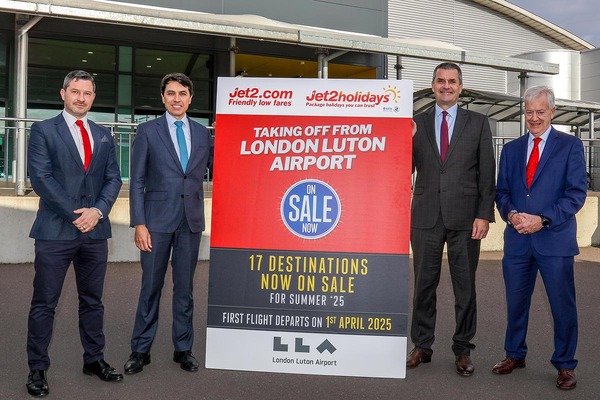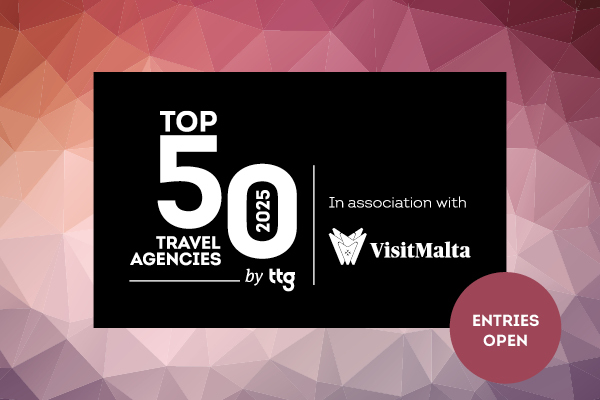Who should be responsible for upholding professional standards in travel?
 Ilaria Grasso Macola
Ilaria Grasso MacolaMost respondents to a recent TTG poll agreed agents new to the industry need training, but what form should it take – and should someone certify it? Ilaria Grasso Macola explores the debate.
Most agents believe new-to-trade professionals should undergo mandatory training and obtain certifications before joining the industry.
That was the consensus from a TTG poll of more than 400 travel professionals after the issue was thrust into the spotlight by a TTG Luxury interview with Amanda Teale, founder of luxury lifestyle brand Minerva Private Travel and Lifestyle Management.
Teale said too many new agents weren’t booking flights or using GDS systems. “They’re hotel bookers – they’re not advisors,” she said in a call for higher standards across the sector.
Her sentiments certainly struck a chord; 94% of the 416 poll respondents called for agents to be qualified, while 90% said the profession was under threat from a rise in so-called “non- professional” agents.
One respondent said agents shouldn’t be allowed to promote their margins to encourage others to join their agency or be able to sign up with a firm to access discounted rates.
Travel Counsellor Jo Shayler agreed: “If someone discloses their commission in public, they’re breaking their contract and the supplier needs to police that," she told TTG.
TravelTime World director Ashley Quint added: “There’s an element to the way some companies recruit agents that devalues the industry. I don’t think any one company is the problem – it’s just the way some of these models have developed that’s caused issues.”
A number of respondents said the uptick in non-professional agents joining the industry risked reducing the significance of the occupation to that of a “side hustle” with no regard for the expertise and knowledge required to sell both simple and complex holiday products.
“There’s too much emphasis on [the profession] being an easy side job to make a bit of money, rather than professionalising the industry and making it sound like an actual career,” added Quint. “We’re credible people who know what we’re doing – we have expertise, we know the industry inside out.”
Baseline competence
One possible solution would be to reinstate industry qualifications such as Cotac, the Certificate of Travel Agency Competence, or Abtac, the Association of British Travel Agents Certificate, which have in the past acted as a benchmark for those wishing to enter the sector.
Another suggestion among the poll respondents was a system to grade agents on their knowledge and skills. “Bronze would be for new-to-travel [agents] so you could only book short-haul,” commented one. "Once you’ve completed your training, you become silver and can book long-haul and only then, after additional training, you achieve the gold standard, where you can book multi-centre holidays.”

Gary Lewis, chief executive of The Travel Network Group, noted there were benefits to “setting a baseline of knowledge and competence”, but stressed any mandatory training should be flexible enough to “recognise the diversity in how businesses operate” and also differentiate between newcomers and experienced professionals seeking to enhance specific skills.
David Moon, the Advantage Travel Partnership’s head of business development, agreed mandatory training for agents before they qualify “would have its benefits”, such as ensuring entrants are well versed in industry regulations, safety protocols and customer service best practices. However, he added training could be a barrier to entry at a time of heightened costs for agencies, particularly smaller businesses.
Matt Harding, Travel Counsellors’ director of franchise sales, said travel should be for everyone, “but not anyone”. “Businesses must look to their own attraction and selection methods to protect the reputation of travel professionals in the first place,” he told TTG, adding the industry should focus more on the multiple skills required to be an agent and the range of ways they can be acquired rather than just formal qualifications.
New neutral body?
There’s also the question of who would be in charge of administering certification or ensuring agents are trained to a minimum standard. Ben Casey, founder of Out of this World Travel, along with many other poll respondents, suggested Abta, owing to the strength of the brand publicly.
An Abta spokesperson said the association and its members recognised well-trained professionals were a vital resource. They stressed Abta provides online training and events “to motivate and retain talented staff” looking to build careers in travel, adding the association was also addressing structural issues around talent, such as the defunding of level three travel and tourism courses.

Not everyone, though, believes the burden should fall on Abta. “Abta has no teeth,” said Shayler. “I don’t understand how Abta could introduce a qualification or set a standard if it’s not mandatory to be an Abta member.”
Quint said “the most logical” approach would be for the government to create a body “similar to the likes of Ofcom and Ofgem” to regulate the industry. Another option could be a chartered institute.
Shayler agreed, adding: “It should be a neutral body and, in order to have some teeth and some power, it would need to have some kind of government force behind it.”
Sign up for weekday travel news and analysis straight to your inbox

Ilaria Grasso Macola
Supplier Directory
Find contacts for 260+ travel suppliers. Type name, company or destination.
















